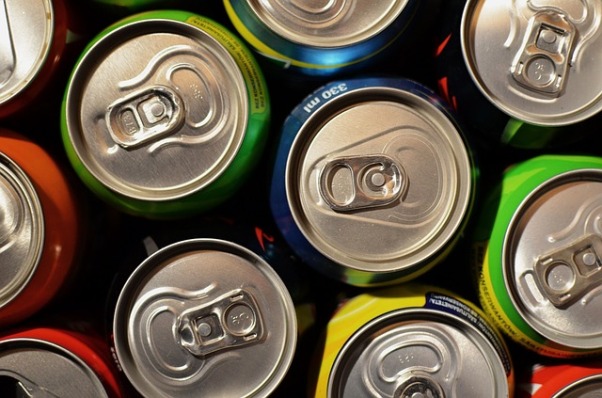
Recycling is something that we struggle to get our heads around in the UK. In fact recent reports by the BBC claimed that as much as 338,000 tonnes of household waste is rejected annually from recycling facilities.
However, in an effort to clear up the confusion over recycling at home, recycling charity WRAP has begun working towards a set of nationally agreed guidelines which clear up any confusion over recycling, offering key advice over what exactly can and can’t be recycled. Here are some key takeaways which might help you to be a better recycler.
How to present your recycling
One of the biggest takeaway’s from WRAP’s guidelines is the importance of presenting your recycling in the right way. For example, did you know that most pizza boxes can usually be recycled but are commonly rejected? The reason for this is that pizza grease binds to the fibres of the box and makes it too difficult to recycle, so it then ends up being rejected when it reaches the recycling centre. Recycling charities are encouraging homeowners to be more mindful of not only what they recycle but also how they recycle in the hope that more household waste ends up being recycled rather than discarded in landfill sites.
Sorting
To get started with recycling you will need to sort your waste according to type and keep it separated. So glass, plastics and metals should all be divided up, while paper and cardboard can normally be kept together. Crush and fold any large boxes, or cut them up to create extra room. Some examples of specific things to avoid include electronics, garden waste, multi-material products like Pringles tubes, foil-card, padded-card, mirrors, plates of glass, paint tins, wires and cables, meat, carpet and cushions.
Wash and squash
A great way to ensure that your recycling is free of contamination is to wash and squash wherever possible. This means scraping out food, pouring away any leftover liquids, rinsing containers with washing up liquid and generally making sure they are relatively clean. Next you should crush metal cans such as beer and food cans and squeeze plastic bottles to flatten them and expel as much air as you can.
Lids
The importance of removing labels, caps and lids from bottles and jars really depends on the type of container. With plastic bottles it is very important to throw away plastic caps from bottles in your general waste wherever you can. The reason for this is that the plastic used in caps differs from that of bottles and has a different melting point so can’t be recycled together. However, with glass bottles and jars it’s less important as they are generally crushed and re-washed.
The amount of detail that you put into your recycling efforts will depend on how strict your local council is with their rules. You may have bins, bags or boxes to separate your recycling into and this may influence how you prepare your recycling for removal. Click here to read the full guidelines from WRAP which provide clear and easy to understand guidelines over how to recycle your household waste.